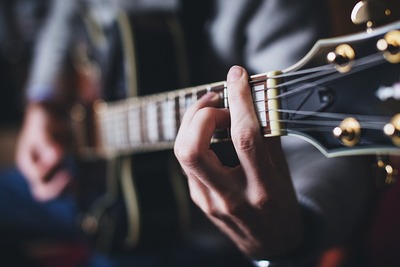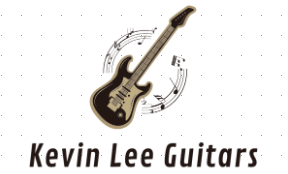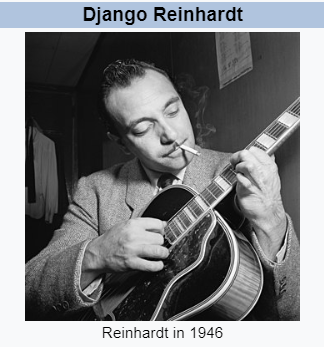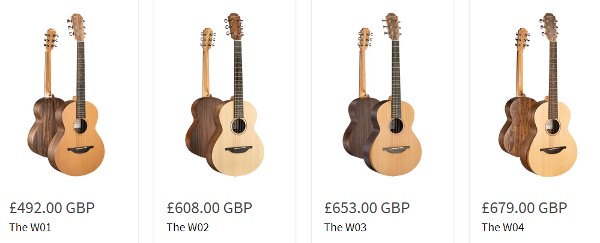Django Reinhardt, the legendary gypsy jazz guitarist, left an indelible mark on the world of music. His unique style and technique have influenced countless musicians, but what shaped Django himself? Understanding the influences that molded Reinhardt’s artistry provides insight into the evolution of his groundbreaking sound.

Early Musical Environment
Born on January 23, 1910, in Liberchies, Belgium, Django Reinhardt grew up in a Romani family where music was a central part of life. The Romani people, with their rich musical traditions, played a significant role in shaping Django’s early exposure to music. From a young age, he was surrounded by the sounds of traditional gypsy music, which laid the foundation for his future musical explorations.
Gypsy Jazz Tradition
The gypsy jazz tradition, or “jazz manouche,” became one of the most defining aspects of Django’s music. This style, characterized by its rhythmic intensity, virtuosic playing, and emotional expressiveness, was heavily influenced by Romani musical heritage combined with elements of American jazz. Django’s ability to blend these influences seamlessly set him apart from his contemporaries.
Classical and Popular Music
In addition to gypsy music, Django was exposed to classical and popular music of the time. His early encounters with various musical styles broadened his musical palette. He absorbed the complex harmonies and structures of classical music, which later informed his sophisticated improvisational style.
Banjo and Guitar: Formative Instruments
Before focusing on the guitar, Django began his musical journey with the banjo. His proficiency on the banjo helped develop his right-hand technique and rhythm, which became integral to his guitar playing. Transitioning to the guitar allowed him to explore more melodic and harmonic possibilities, further expanding his musical expression.
Jazz Giants: Louis Armstrong and Duke Ellington
As Django’s musical interests expanded, he discovered American jazz. The works of jazz giants like Louis Armstrong and Duke Ellington profoundly influenced him. Armstrong’s emotive trumpet playing and Ellington’s sophisticated compositions resonated with Django, inspiring him to incorporate jazz elements into his own music.
Improvisation and Virtuosity
Improvisation was at the heart of Django’s playing. He was influenced by the improvisational practices of early jazz musicians, which emphasized spontaneity and creativity. Django’s ability to improvise intricate solos with only two functioning fingers on his left hand was a testament to his extraordinary talent and adaptability.
Collaboration with Stéphane Grappelli
The collaboration between Django Reinhardt and violinist Stéphane Grappelli was a pivotal influence on his music. Together, they formed the Quintette du Hot Club de France, a groundbreaking ensemble that combined gypsy jazz with swing. Grappelli’s melodic violin lines complemented Django’s guitar, creating a dynamic interplay that became a hallmark of their sound.
Innovative Technique and Sound
Django’s distinctive technique and sound were also influenced by the limitations imposed by his injury. The fire that left two of his fingers paralyzed forced him to develop new ways of playing chords and executing solos. This led to the creation of unique chord voicings and fingerings that became a signature of his style.
Musical Legacy and Influence on Others
Django Reinhardt’s influence extended beyond his own lifetime. His innovative approach to the guitar has inspired generations of musicians across various genres. Guitarists such as B.B. King, Jeff Beck, and Carlos Santana have cited Django as a significant influence on their playing. His ability to blend technical prowess with emotional depth continues to resonate with musicians and listeners alike.
Conclusion
Django Reinhardt’s musical journey was shaped by a diverse array of influences, from his Romani heritage and early exposure to gypsy music to the impact of American jazz legends and classical traditions. His ability to synthesize these influences into a unique and compelling style set him apart as one of the most influential guitarists in the history of jazz. Django’s legacy lives on, inspiring musicians to explore new possibilities and push the boundaries of their own creativity.








